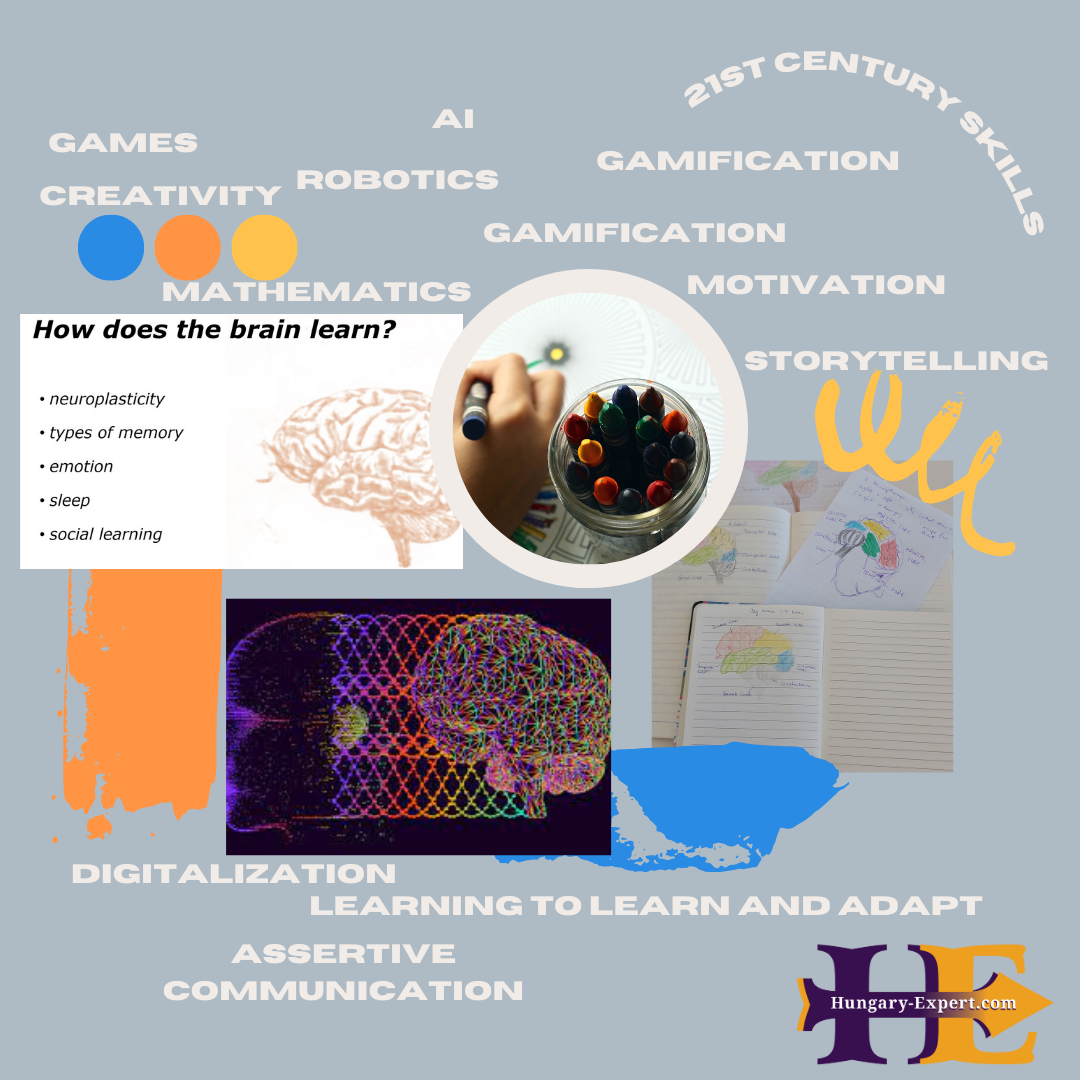Our learning brain - unlock your students' potential
- Gordana Dobravac
- 35 lessons, 7 days
- English - B2
- 03 August 2025
In this fast-changing world, to keep in step, the concept of lifelong learning is frequently emphasized as essential. In the same line, we can often hear that the objective of modern education should be learning, not knowledge or teaching. But, even though the concept of learning is gaining more and more prominence, do we know what underlying mechanisms enable it? If a specific method works for us, do we know why? Can we become better at learning? This introductory course provides answers and practical tools for optimizing learning (and teaching as a consequence) by covering basic principles of brain function.
Description:
Neuroimaging techniques and technology advancements constantly update our understanding of brain activity mechanisms. Educational Neuroscience uses this valuable knowledge to help educators - not by telling them how to teach, but by informing them about these mechanisms. In doing so, it equips educators with an important extra tool, a resource that will enhance their ability to educate and equip students with the knowledge and skills they need to succeed.
Aims and objectives:
The course aims to provide teachers with an understanding of the basic principles of how the brain works, with a special focus on the mechanisms underlying learning and practical strategies for the classroom. Such understanding will help reach four objectives:
(1) the combination of teachers' prior experience and this additional perspective can improve teaching outcomes,
(2) sharing knowledge about the brain through age-appropriate activities could empower students to take responsibility for their own learning and emotional self-regulation,
(3) the gained knowledge should help participants to identify neuromyths and other fake brain news that impede effective learning,
(4) understanding the impact of different factors on brain activity and learning can benefit teachers' professional development but also their well-being.
Learning outcomes:
By the end of the course, participants should be able to:
- Explain the basic brain structures and their functions;
- Understand the basic principles of how the brain develops and works
- Understand the basic neural mechanisms that underlie learning
- Understand the effect of various factors on learning (e.g., age, sleep, emotion)
- Explain why different techniques help or hinder learning so as to use them in the classroom and provide guidance for students to utilize these techniques at home
Please click here to register if you wish to participate in this course.


